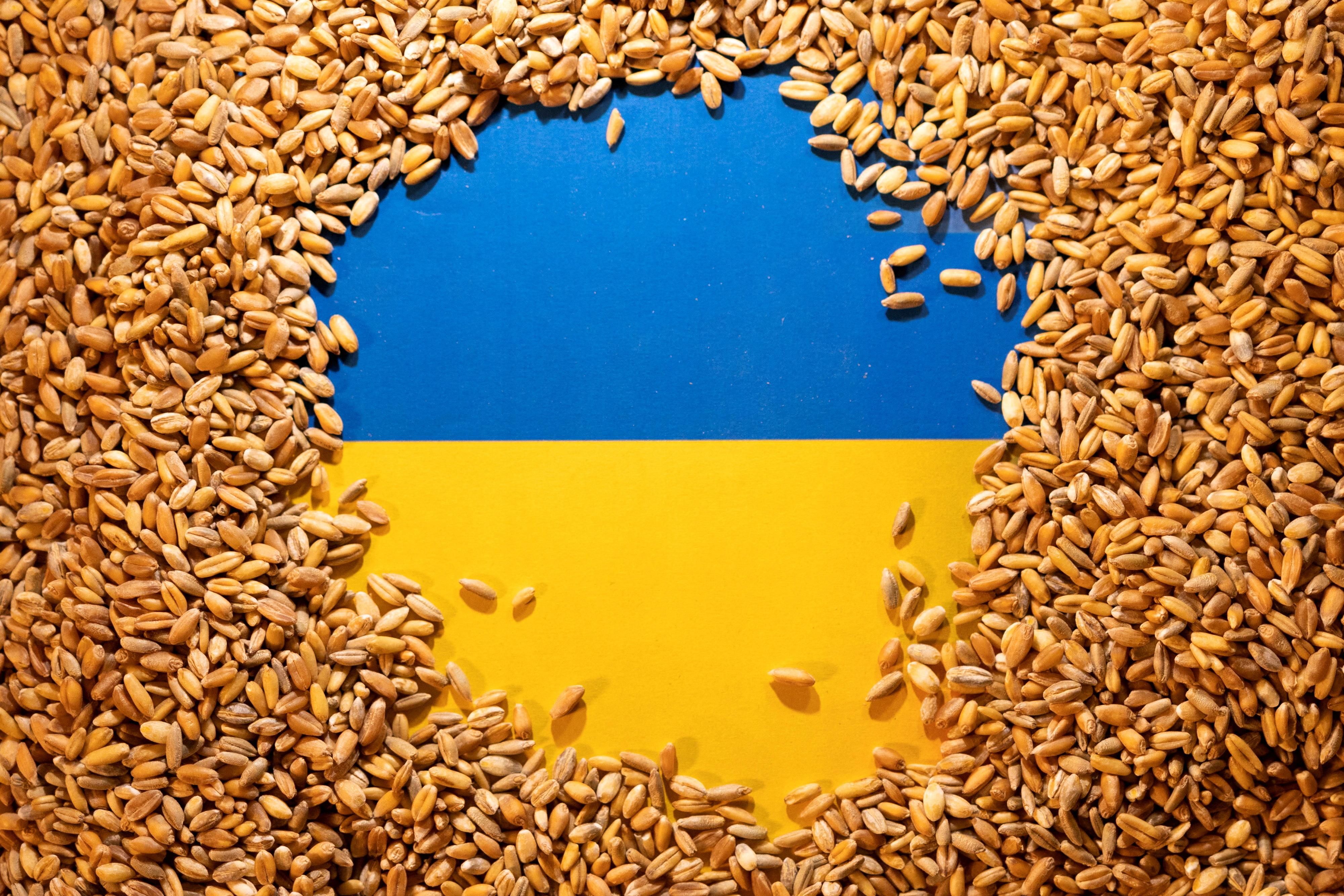July 29, 2022
The war in Ukraine is just the latest crisis to befall global supply chains in recent years, and it appears likely to get worse before it finally eases. It’s not just about interrupted flows, shortages, and higher prices for food and fuel. According to a report published in May 2022 by Dun & Bradstreet, a total of at least 615,000 businesses operating globally depend on supplies from either Russia or Ukraine. About 90% of those firms are based in the United States, but supply chains in Europe, China, Canada, Australia, and Brazil are heavily impacted. According to the report, a total of 25 countries have a high dependency on Russia and Ukraine for a variety of commodities.
Five months into the war, it’s clear that the likeliest outcome of the current fighting will be a long-term stalemate. Russia doesn’t appear militarily strong enough to take and hold all of Ukraine, and Ukraine doesn’t appear strong enough to drive Russian troops completely off Ukrainian land. As a result, those who depend on resources and production inputs from Russia and Ukraine now know they’ll likely need to invest in new suppliers of hundreds of different commodities and products – from sunflower seeds to turbojets – to build better resilience into their supply chains, rather than simply waiting for the fighting to end.
More For You
How is the US is reshaping global power dynamics, using tariffs and unilateral action to challenge the international order it once led? Michael Froman joins Ian Bremmer on GZERO World to discuss.
Most Popular
- YouTube
In this Quick Take from Munich, Ian Bremmer examines the state of the transatlantic alliance as the 62nd Munich Security Conference concludes.
- YouTube
At the 2026 Munich Security Conference, Brad Smith announces the launch of the Trusted Tech Alliance, a coalition of global technology leaders, including Microsoft, committing to secure cross-border tech flows, ethical governance, and stronger data protections.
When the US shift from defending the postwar rules-based order to challenging it, what kind of global system emerges? CFR President Michael Froman joins Ian Bremmer on the GZERO World Podcast to discuss the global order under Trump's second term.
© 2025 GZERO Media. All Rights Reserved | A Eurasia Group media company.
